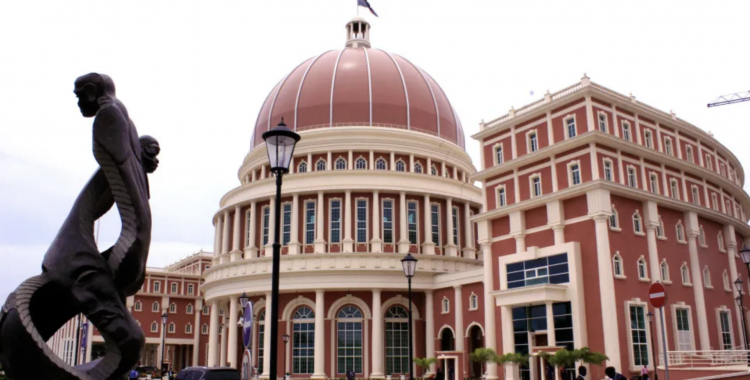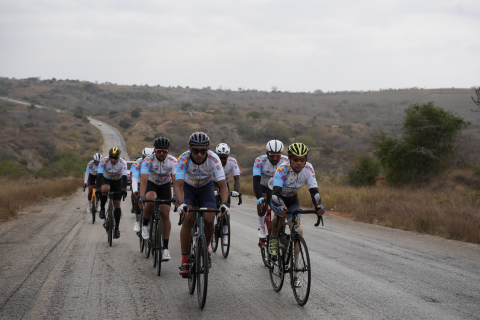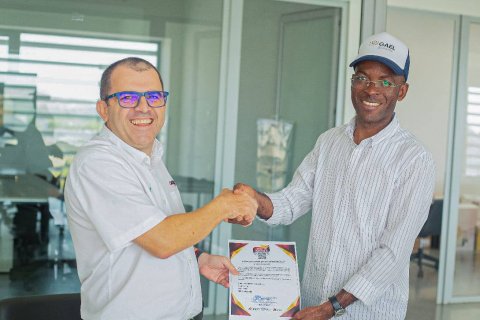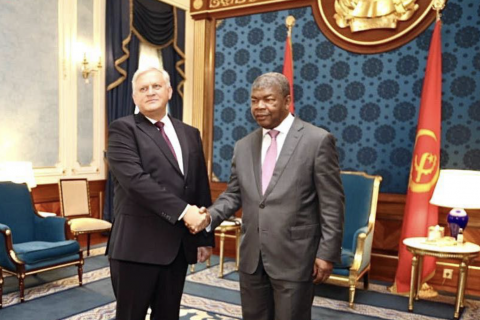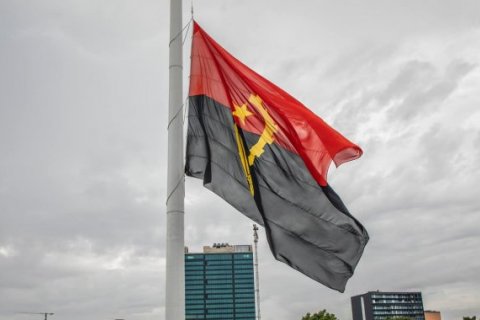The proposed amendments to the laws (Organic Law on General Elections, Law on the Organization and Functioning of the National Electoral Commission, and the Law on Unofficial Voter Registration) were approved at the extraordinary plenary meeting of the National Assembly.
Deputies from the Popular Movement for the Liberation of Angola (MPLA), the National Union for the Total Independence of Angola (UNITA), the Social Renewal Party (PRS), the National Front for the Liberation of Angola (FNLA), and the Humanist Party of Angola (PHA) voted in favor of the proposals.
For MPLA deputy João Martins, his favorable vote reflects the "calm, serious, objective, and assertive dialogue" with the opposition.
"We have ensured that the electoral processes in Angola will be massively participated in by the holders of sovereignty, the Angolan people. This is because we have reaffirmed the Identity Card (BI) as the main document enabling voting, without neglecting the use of the voter registration card for voting in 2027," he argued.
João Martins insisted that the party will maintain dialogue [with other political forces], especially on structural issues: "This reaffirms the conviction that we do not need to call for demonstrations or participate in them to achieve the best for Angola and Angolans," he stated.
In its political declaration, presented by Congresswoman Mihaela Webba, UNITA justified its vote in favor of the change in the law on general elections by understanding that they were necessary to create a legal framework that "generates some confidence" in elections.
The congresswoman listed the main changes: the voter registration card, along with the ID card, will continue to be valid for voting until 2027; the mobile polling stations were not accepted; the summary minutes were eliminated, but the elements of the polling station minutes were improved; and the election results by municipality will now be published on the National Elections Commission (CNE) website.
According to Mihaela Webba, since UNITA is "a factor of political stability," while this change is not perfect, it was the only possible change for the good of Angola and Angolans.
The PRS voted in favor, understanding that, whenever circumstances require, the constitutional commands that form the set of any infraconstitutional norms "should be updated in time and space to respond to the dynamics of the competing parties," said Representative Benedito Daniel.
For the PHA, the approved law introduces "significant improvements" to the organization and transparency of the Angolan electoral process, aligning it with constitutional requirements and good democratic practices, said Representative Fernando Diniz, adding that the changes address the need for practices identified in the 2012, 2017, and 2022 elections.
The plenary also approved the amendment to the Organic Law on the Organization and Functioning of the CNE.
For UNITA Representative Alcino Kuvalela, the decision was a consensus.
For the MPLA, Representative Nvunda Salucombo, the changes should bring "more effectiveness and efficiency" to the CNE's operations.
The National Assembly also approved the amendments to the Official Voter Registration Law in its entirety to safeguard the principles associated with the voter registration process, namely universality, permanence, officiality, uniqueness, and single inclusion.

